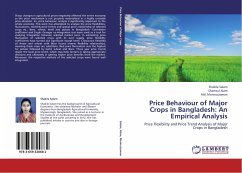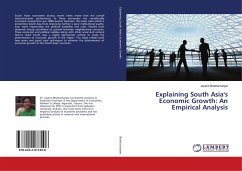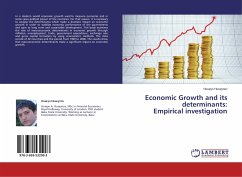Bangladesh's trade balance is totally unsatisfactory and undesirable. It has always been deficit over the decades. With some countries, especially with India, trade deficit is huge. Therefore, this study has attempted to identify the factors that affect Bangladesh's trade, and investigate the underlying causes of trade deficit of Bangladesh with India. To determine the causative factors of Bangladesh's trade, the generalized gravity models and the panel data estimation technique have been used. It extends empirical research from the conventional gravity model of trade to the gravity model of export and the gravity model of import for better understanding of the trade pattern of Bangladesh. The analysis is based on Bangladesh's trade with its 34 major trading partners taking data of 28 years. To examine the trade relationship with India, available statistics and trade intensity indices have been used. Based on the findings of this research some policy recommendations are made which will help the policy makers to adopt and execute the appropriate policies to improve the unfavorable trade balance.
Bitte wählen Sie Ihr Anliegen aus.
Rechnungen
Retourenschein anfordern
Bestellstatus
Storno








